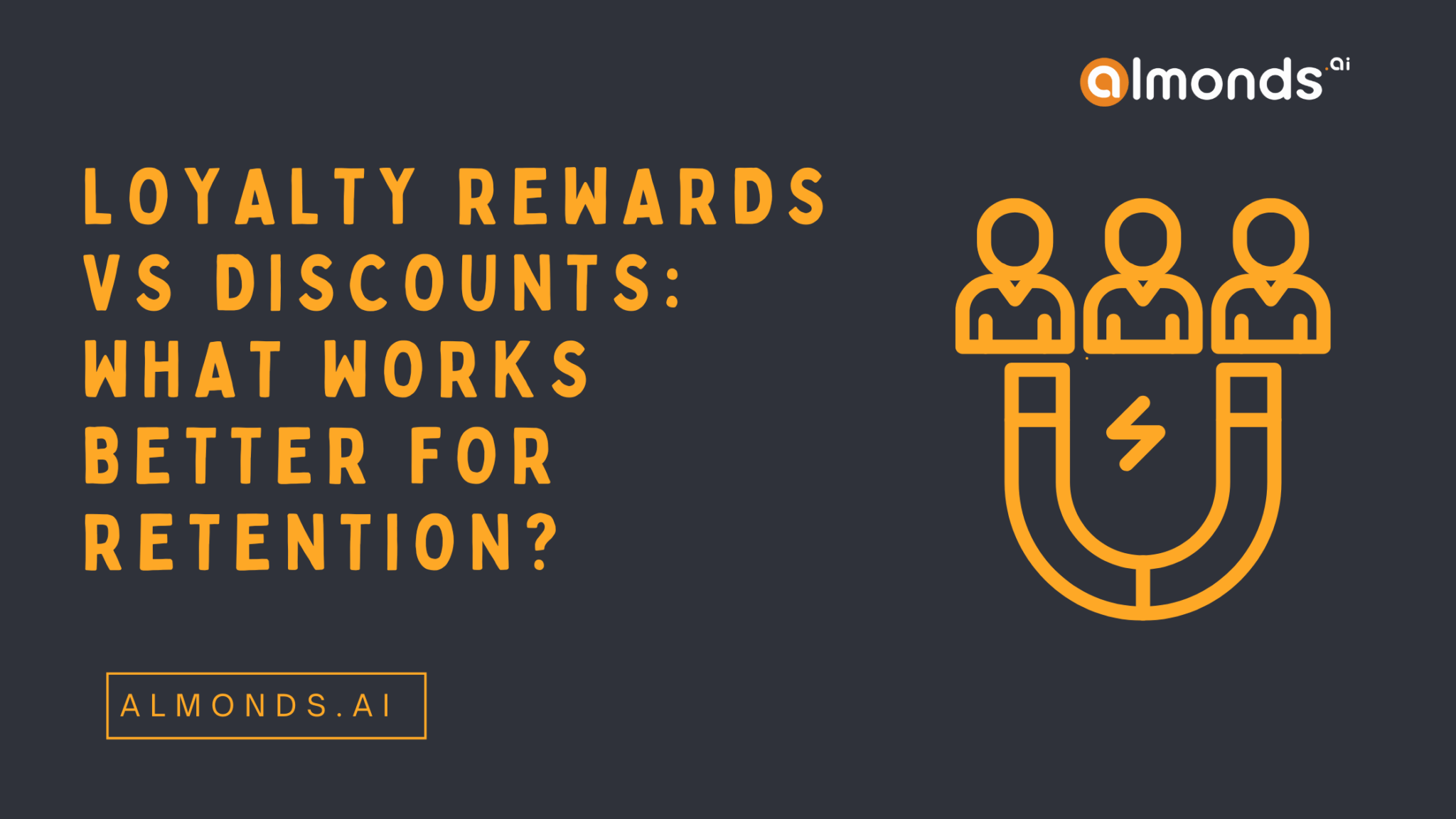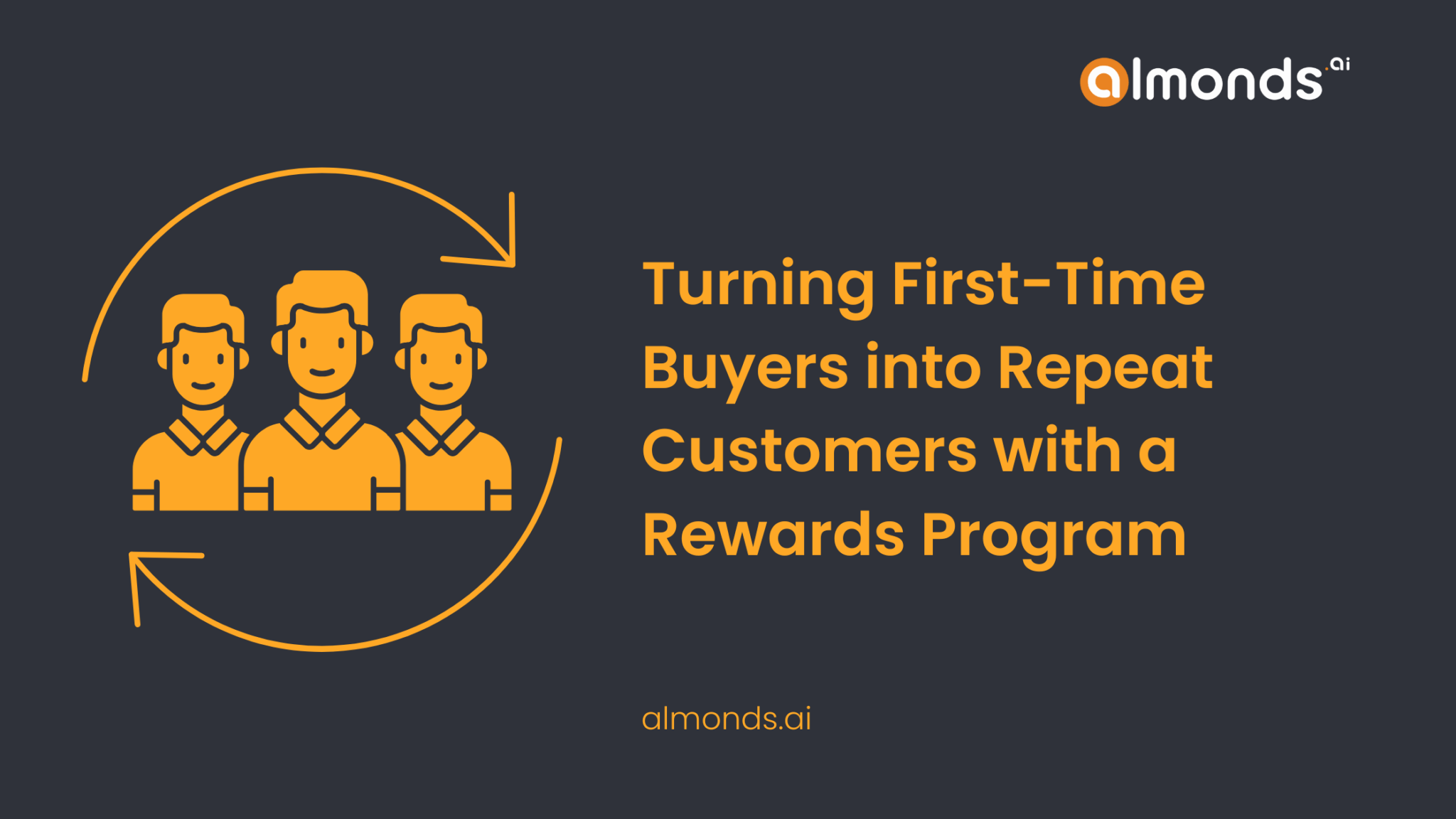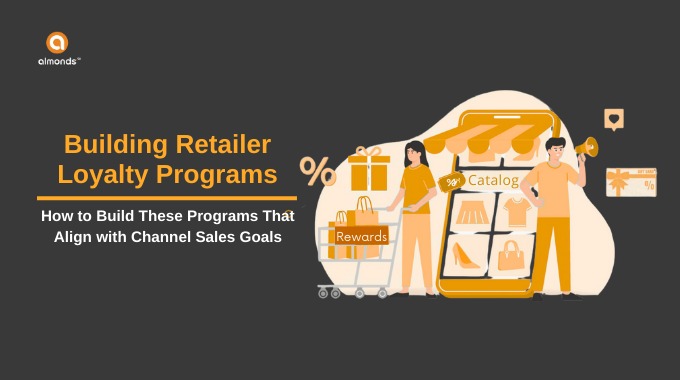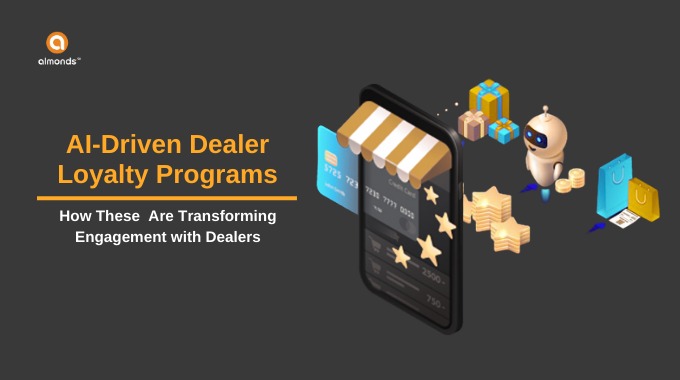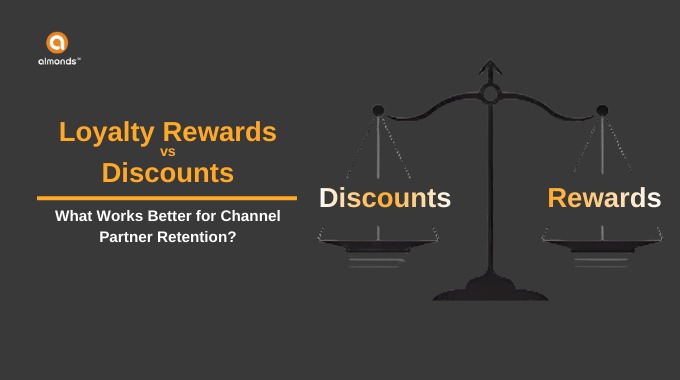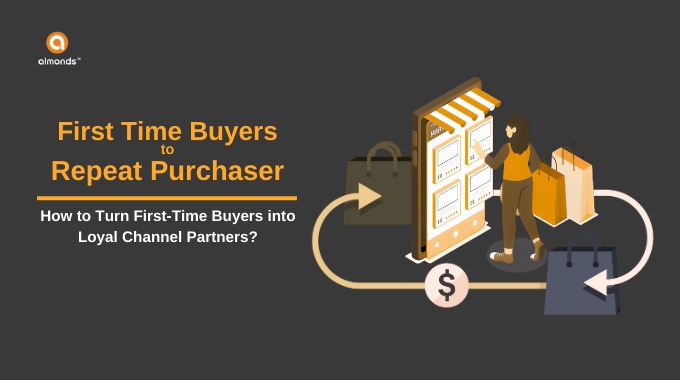Difference Between Virtual Events and Webinars
The recent pandemic has shown us the power of the internet. Almost 75% of planners have been able to successfully conduct their events online. This situation has enabled us to look at making the most out of our time by taking things online.
Let us understand the concept of Webinars and Virtual Events
Webinars are live content presentations conducted online that can enlist a line-up of panelists or a single presenter. Webinars offer the participants to submit questions and comments. This makes it a two-way form of communication where people can receive information from each other in real-time.
Virtual Event Platform India offers the attendees a more interactive experience that provides more than just one component. It provides multiple sessions over a much longer time frame where the organisers get a chance to boost their engagement.
What features of Virtual Events make it possible to address your audience better?
Many people have claimed that they face challenges with conferencing technology like webinars because it did not meet their needs. A webinar is a good tool for broadcasting information, but virtual events offer an immersive environment for the audience and help them cooperate with content. Webinars help an expert take over, but virtual event platforms like VIRTEX take it further and add more features and flexibility in creating a virtual event environment.
- More areas to explore: Unlike webinars where attendees lose their interest in the middle, they can explore the content in a virtual event and engage with the sponsors. It provides the audience, speakers and sponsors a virtual destination where they can network and learn.
- Engagement: Webinars can cause limitations that the best virtual event platform in India can overcome and address those challenges with interactive apps and websites before, after or during the events.
Features like polls, surveys, Q&As, photo sharing, live chat, etc., make the entire procedure more engaging and exciting.
- Robust events: Virtual event platforms enable the organisers to set up a robust schedule of events. It offers invitation-only sessions, organising the session tracks and holding multiple sessions within one greater event. It helps the host to provide supplementary materials like links, documents and much more.
- Audience Networking: Various networking and engagement tools are available that leverage virtual event platforms for online sessions. It provides opportunities for attendees to create profiles, participate in various discussions with others and connect with hosts, sponsors, etc. Several features allow you to connect with the attendees before the event even starts.
- Analysis and Data: Virtual events provide insights that can help you guide your future events. It helps you to understand the metrics so you can boost your audience engagement. You can find which sessions were most popular to see your audience’s interest. Several tracks allow you to see how many people view your sessions. Other additional data like mobile app downloads, surveys and polls are available to gather feedback directly from your members and use it to support your organization.
Webinars can prove to be an excellent option for a particular situation but if you are focused on creating a massive engagement and getting things done in a more meaningful and interactive way, organizing a virtual event is the best option. It allows your attendees to feel the heat of an enhanced event experience along with integrated conferencing services that will make it more fun and cooperative.
Virtual events are suggested for people who seek more flexibility. It entirely depends upon your needs and your marketing objectives.


